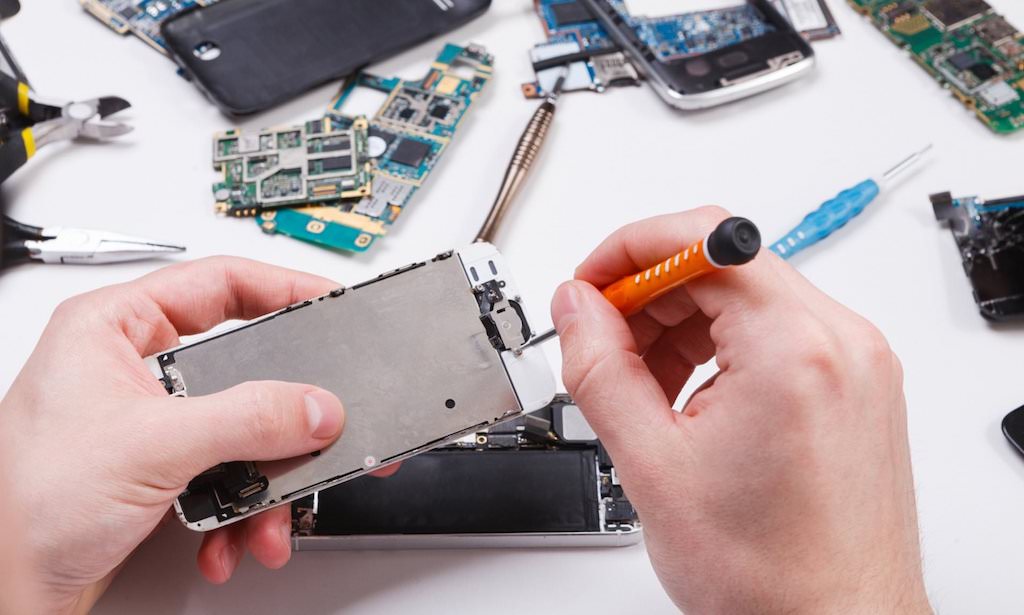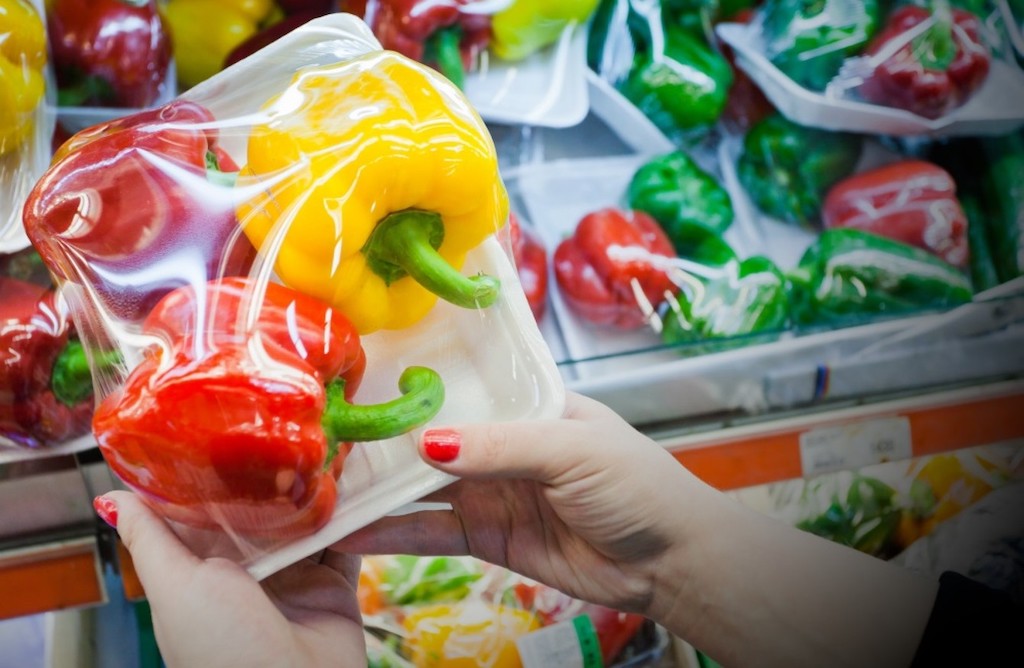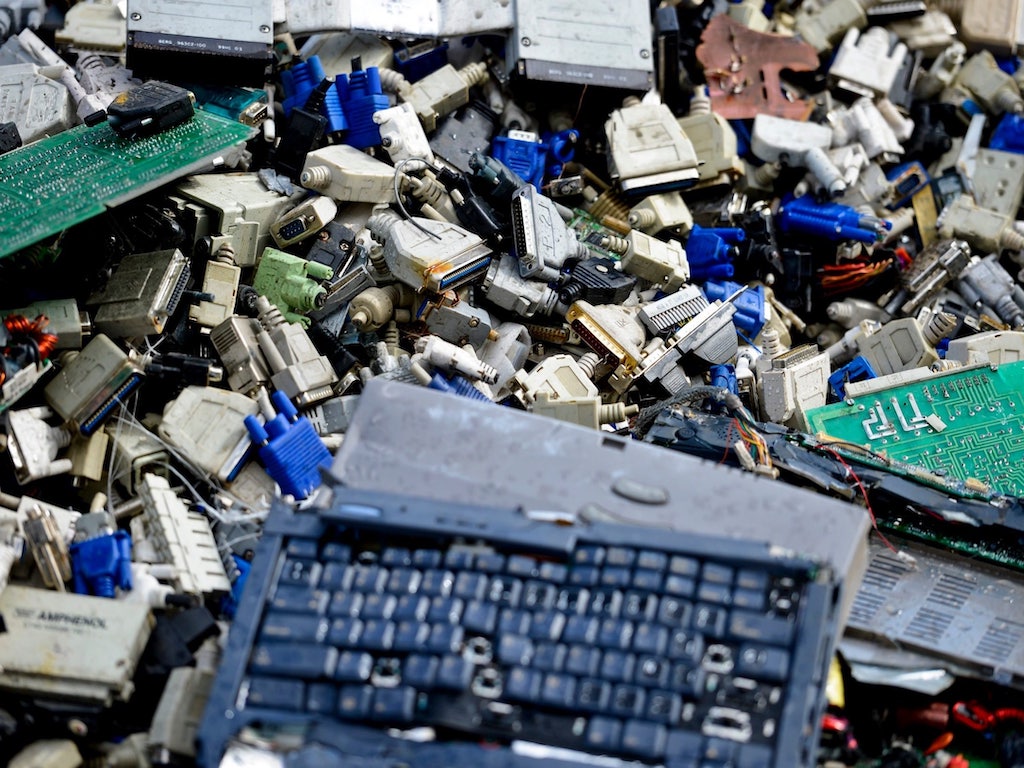3 Mins Read
New European rules could spell the end of the throwaway culture where products are constantly bought and binned, fuelling the global climate crisis and mounting waste problem. The regulations, announced by the European Commission, will apply to a range of items such as smartphones, clothing, electronics and packaging.
The European Commission has just announced a plan to require manufacturers to make products that last longer, and are easier to repair and reuse instead of thrown away. The regulations, due to take effect by 2021, are an attempt to fight the throwaway convenience culture that has driven up greenhouse gas emissions, resource extraction, waste and pollution.
Known as the Circular Economy Action Plan, it will require manufacturers of smartphones, tablets, laptops and other electronics to incorporate more repairable and replaceable parts in their products. Phones should therefore be designed to last longer, and sections such as display screens and batteries need to have replacements. Products that currently use glue to hold parts in place will likely have to switch to using screws.
These standards already exist for a number of other products manufactured within the EU, such as dishwashers, televisions and laundry machines. Extending these rules will help to fight what is known as “premature obsolescence,” whereby companies intentionally make goods with a lower lifespan to force consumers to buy a new model.

Current rates of unsustainable extraction of resources to produce and consume products that quickly get thrown away is wreaking havoc on the planet and fuelling the climate crisis. According to EU experts, global consumption of biomass, fossil fuels, metals and minerals is predicted to double within the next 40 years.
As a direct consequence of resource extraction, processing and wastage, our throwaway culture of consumption will contribute over 50% of total greenhouse gas emissions and 90% of biodiversity loss and water stress.
The proposal comes as the global movement called the “right to repair” is gaining traction, a campaign advocating for the right for consumers to fix the electronics and other items they own. Major manufacturers tend to have monopolies over repair parts, which often means that the option to fix a broken item is expensive or only available at the brand’s authorised agents.
Commenting on the Commission’s goal to make more environmentally-friendly products the norm, green organisation European Environmental Bureau (EBB) said that the strategy is a “one-in-a-generation opportunity to transform the way we manufacture, use and dispose of our products in a way that benefits people and the planet.”

Aside from electronics and other consumer goods, the proposal will also cover targets to reduce food waste and end the over-packaging of food products contributing to plastic pollution. Typical plastic packaging found in commercial products and condiment sachets tend to be flimsy and mixed with other materials such as foil, and are considered low-value plastics because they are near impossible to recycle, contributing to the bulk of landfilled waste.
Although the measures will need to be agreed by EU member states and MEPs before they come into effect, they are likely to be approved given the pressure from increasingly eco-conscious citizens. According to a Eurobarometer survey, 94% of citizens across EU member states say that environmental protection is important to them, and 91% stated that climate change is a serious problem.
Similar policies would be impactful in other regions outside of the EU, especially in Asia, where rapid development and rise in population will balloon demand for the planet’s resources. By 2050, Asia’s population is projected to reach 2.3 billion, making it crucial for urgent action to be taken to shift towards a more sustainable circular economy.
Lead image courtesy of Sascha Schuermann / Getty Images Europe.




